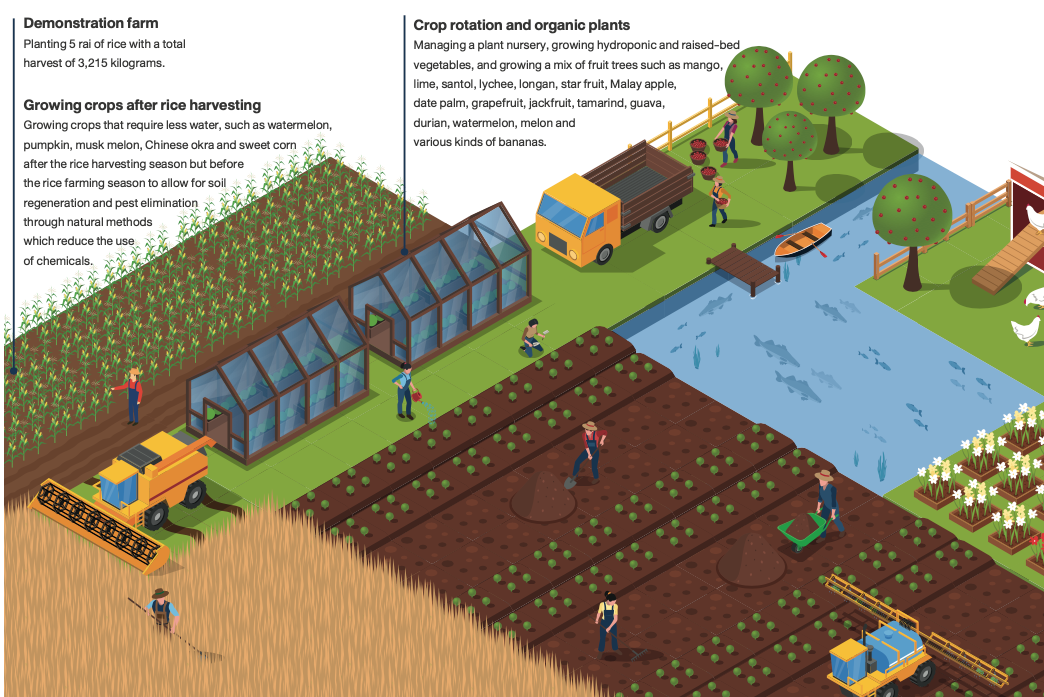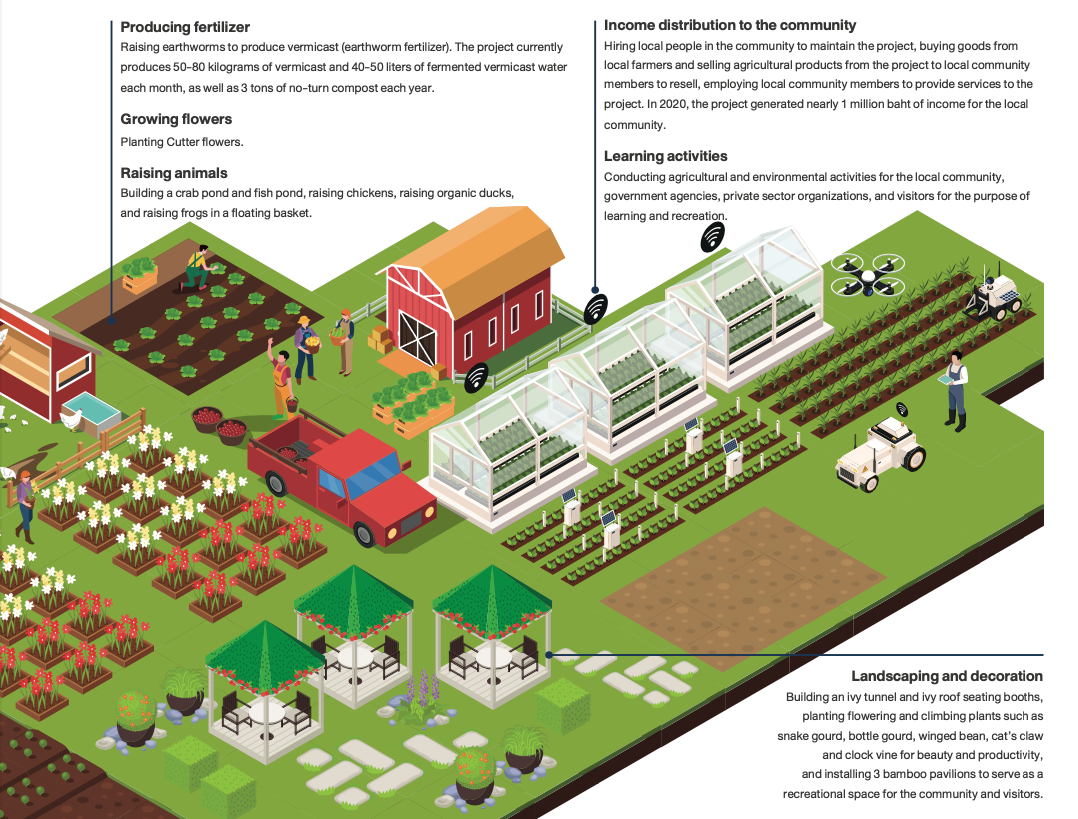ABOUT US
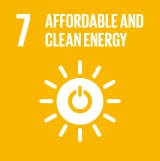
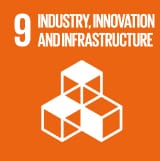
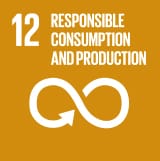
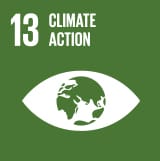
New Theory Agriculture Learning Center and Demonstration Farm is located next to the Gulf Nong Saeng (GNS) power plant, Nong Saeng district, Saraburi province. The project was established in 2015 to serve as a center for community learning, local farmer skills development and knowledge sharing, as well as to improve the well-being of the community around power plant. The success of the New Theory Agriculture Learning Center and Demonstration Farm over the past 6 years also demonstrates that the Company’s power plants and surrounding communities have been able to coexist together sustainably with no negative impacts to the agriculture in the local area.
The project area as serves as a learning center of New Theory Agriculture and organic farming, as well as a demonstration farm where a variety of plants are grown and different types of animals are raised. In addition, it also provides recreation for the local community and visitors to the farm. The Company has employed people in the community to take care of the project and has transferred agricultural knowledge and information to local farmers and other interested visitors. Furthermore, the project contributes to income distribution to the local communities through the purchase of goods and equipment, for instance, allowing the people in the community to purchase agricultural products from the project for resale, buying agricultural products such as rice from local villagers to be made into gifts and souvenirs for the Company’s special events, and hiring local community members to provide improvement and maintenance services, such as, rice farming, water pumping, and preparation of fields for planting crops.
Furthermore, the Company raises earthworms to produce organic fertilizer that can be used for various activities in the learning center, such as adding nutrients to the plants and mixing with the soil in the vegetable plots to increase fertility and looseness to the soil. The center also propagates earthworms for sale. Additionally, the Company makes organic compost by bringing natural materials and leftovers from agricultural activities, such as leaves, straw and weeds to undergo fermentation. The staff at the learning center will provide knowledge on raising earthworms and making organic fertilizer to people who are interested.
As a learning center, the project is open to the public throughout the year and organizes activities to create awareness about environmental protection as well as an understanding on how the power projects and local community can coexist. It is the Company’s hope that visitors would be able to apply the knowledge from the learning center and share their experience with others as a way to contribute to a more sustainable society.
